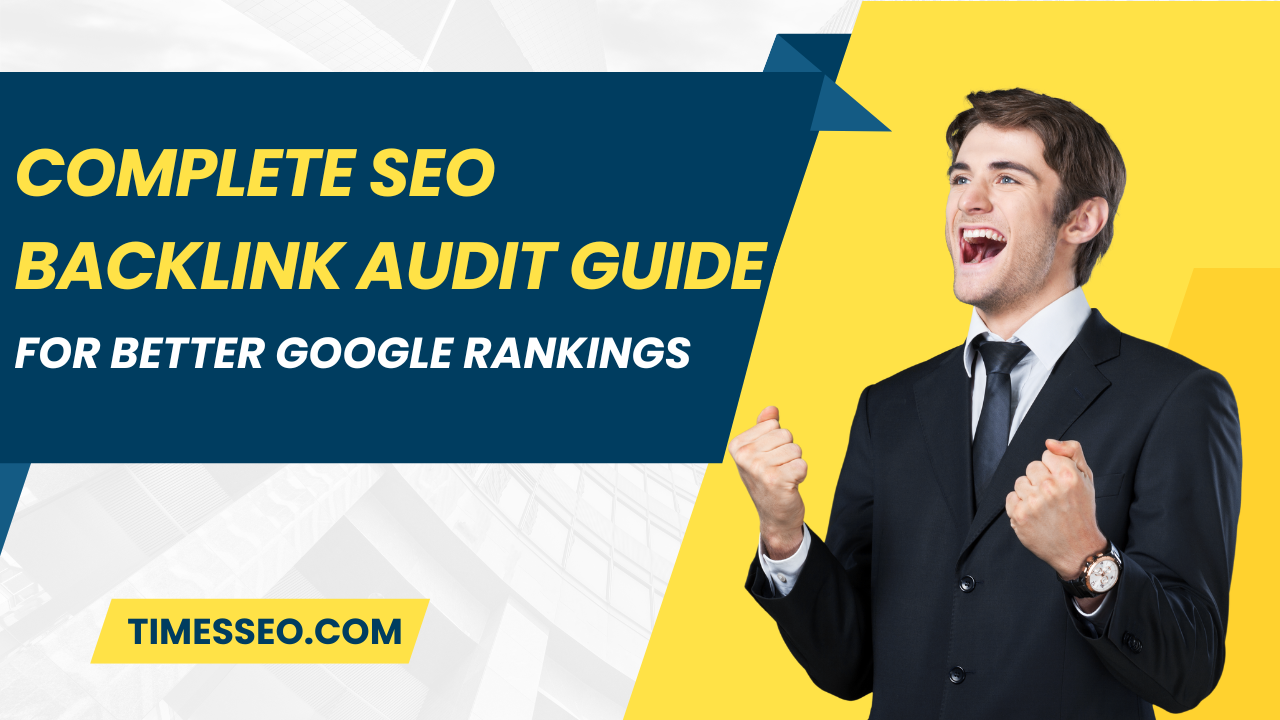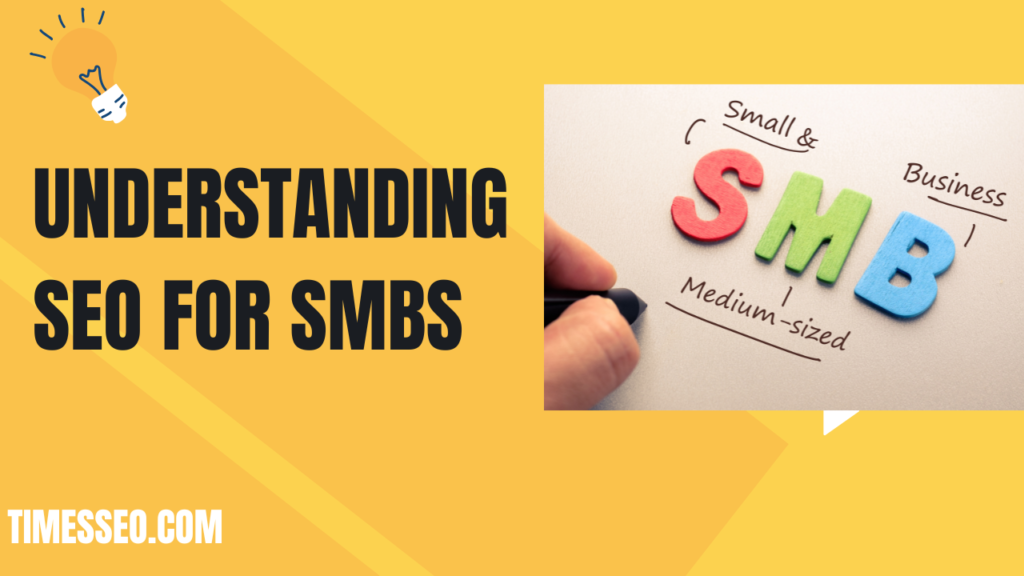
Local Business Success: How to SEO Guides for SMBs
Unlock local business growth with practical how to SEO guides for SMBs. Learn step-by-step strategies to boost visibility, attract customers, and dominate local search results.
Table of Contents
Introduction
If you’re running a small or medium-sized business (SMB), you already know competition is fierce. Whether you own a cozy café, a plumbing service, or a boutique store, the truth is simple—if people can’t find you online, you’re losing customers. That’s where SEO steps in as your business’s secret growth engine. Local SEO, in particular, can put your business right in front of customers who are ready to buy.
Understanding SEO for SMBs
What is SEO in Simple Terms?
Search Engine Optimization (SEO) is the process of making your website more attractive to search engines like Google so it appears higher in search results. Think of it as putting up a big, shiny sign for your business—except it’s digital.
Importance of SEO for SMBs
For small businesses, every customer counts. SEO helps you reach the right people without spending huge sums on ads.
How Is It Operated?
Local SEO is ideal for SMBs who depend on local clients because it concentrates on your immediate area, whereas global SEO targets a larger audience.
Setting the Foundation
Google Business Profile (GBP)
Claiming and optimizing your GBP is the first step. Include precise company details, images, and hours of operation.
NAP Consistency
Make sure your phone number, address, and name are consistent across all platforms. Customers and search engines may become confused by mismatched details.
Local Citations
Get listed on reputable platforms like Yelp, Yellow Pages, and industry-specific directories.
Keyword Research for SMBs
Understanding Local Intent
For SMBs, keywords like “cheapest plumber in Chicago” or “best coffee shop near me” are quite valuable.
Tools for Research
Free tools like Google Keyword Planner and Ubersuggest help you find valuable terms.
Long-Tail Keywords
They might have fewer searches, but they often lead to better conversions.
On-Page SEO for SMBs
Title Tags & Meta Descriptions
Include location-based keywords naturally, e.g., “Best Italian Restaurant in Boston | Bella’s Kitchen.”
Heading Structure
H1 should contain your main headline, while H2 and H3 should contain your subtopics.
Localized Content
Talk about your city, local events, or community involvement.
Schema Markup
helps Google display rich results and gain a better understanding of your company.
Off-Page SEO for SMBs
High-Quality Backlinks
Partner with local bloggers, news sites, or community pages.
Local Partnerships
Sponsor events or collaborate with other businesses.
Business Directories
List your business in relevant local and niche directories.
Content Marketing for SMB SEO
Blogging About Local Topics
Share guides, news, and insights relevant to your area.
Location-Specific Pages
Make a separate page for each city you service if you have more than one.
Customer Testimonials
Turn positive reviews into website content to boost trust.
Technical SEO for SMBs
Mobile-First Design
Over half of searches are from mobile devices—don’t ignore them.
Website Speed
A slow website can cost you rankings and customers.
Secure Site
Always use HTTPS for customer trust and SEO.
Local SEO Strategies
Geotargeting
Depending on the visitor’s location, display particular deals or services.
Local Events
Participate and get featured on event websites.
Online Reviews
Encourage happy customers to leave reviews on Google and Yelp.
Social Media & SEO Integration
Social Media’s Role
Social signals aid in the propagation of content and draw backlinks, but they are not a direct ranking factor.
Geo-Tagging
Tagging your location in posts boosts local discovery.
User-Generated Content
Ask customers to share their experiences with your brand online.
Measuring and Tracking SEO Success
Google Analytics & Search Console
Track traffic, keywords, and conversions.
Local Ranking Tools
Use tools like BrightLocal to monitor your local rankings.
Adjusting Strategies
SEO is an ongoing process—keep tweaking based on results.
Common SEO Mistakes SMBs Make
- Ignoring mobile optimization
- Keyword stuffing
- Neglecting reviews
- Not updating content regularly
Budget-Friendly SEO Tips for SMBs
- Use free tools like Google My Business, Ubersuggest, and Canva
- DIY content creation
- Focus on quality over quantity in backlinks
Future Trends in Local SEO for SMBs
Voice Search Optimization: People are asking Siri and Alexa for local services
AI Tools: Automating keyword research and reporting
Making brief, interesting movies for websites like YouTube and TikTok is known as video SEO.
Conclusion
Instead of being a magic wand, SEO is more like planting seeds. With consistent effort, those seeds grow into steady traffic, loyal customers, and business growth. The best part? You don’t need a large budget; you just need the right plan.
Frequently Asked Questions
Usually 3–6 months, depending on competition and effort.
No, service-based SMBs also benefit from local SEO.
Indirectly, yes—it boosts visibility and drives traffic.
Paid ads give instant results but stop when you stop paying; SEO builds long-term visibility.
At least once a month for best results.
Table of Contents
Popular Posts
-
 Affordable Technical SEO Audit for Small Business: A Complete Guide26 Jun 2025 Blog
Affordable Technical SEO Audit for Small Business: A Complete Guide26 Jun 2025 Blog -
 How to Get an Affordable Technical SEO Audit for Small Business27 Jun 2025 Blog
How to Get an Affordable Technical SEO Audit for Small Business27 Jun 2025 Blog -
 The Ultimate Local SEO Audit Checklist for Startups28 Jun 2025 Blog
The Ultimate Local SEO Audit Checklist for Startups28 Jun 2025 Blog -
 Local SEO Audit Checklist for Startups: A Beginner’s Guide28 Jun 2025 Blog
Local SEO Audit Checklist for Startups: A Beginner’s Guide28 Jun 2025 Blog -
 Top On-Page SEO Audit Steps for Service Websites Every Business Should Know29 Jun 2025 Blog
Top On-Page SEO Audit Steps for Service Websites Every Business Should Know29 Jun 2025 Blog -
 Technical SEO for WordPress: The Ultimate Beginner’s Guide01 Jul 2025 Blog
Technical SEO for WordPress: The Ultimate Beginner’s Guide01 Jul 2025 Blog -
 The Impact of On-Page SEO Audit Steps for Service Websites on UX01 Jul 2025 Blog
The Impact of On-Page SEO Audit Steps for Service Websites on UX01 Jul 2025 Blog -
 Technical Mobile SEO Audit Tips for Developers02 Jul 2025 Blog
Technical Mobile SEO Audit Tips for Developers02 Jul 2025 Blog -
 Complete SEO Backlink Audit Guide for Better Google Rankings03 Jul 2025 Blog
Complete SEO Backlink Audit Guide for Better Google Rankings03 Jul 2025 Blog -
 Boost Your Rankings with Technical SEO for WordPress01 Jul 2025 Blog
Boost Your Rankings with Technical SEO for WordPress01 Jul 2025 Blog







